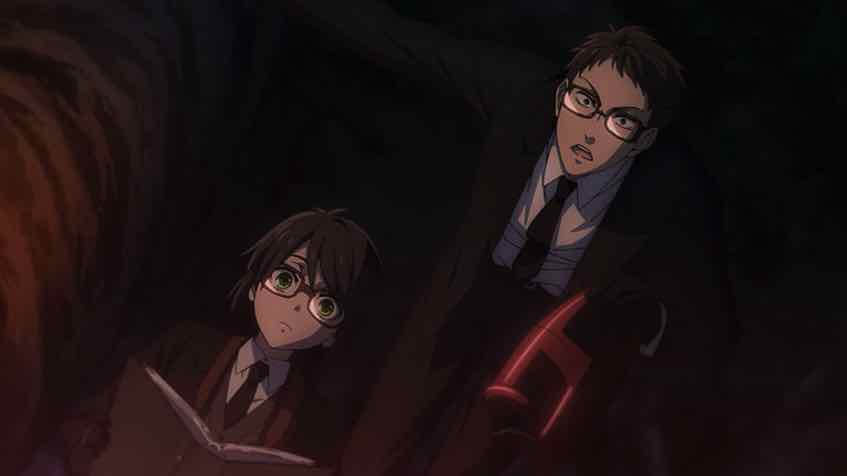 There’s an almost ho-hum quality to this incarnation of Black Butler. Indeed, the version of it that’s existed since the “Circus” Arc. It’s good pretty much all the time, and great a respectably large percentage of it. The only fly in the ointment has been the recaps, which are undeniably an irritant. In this week’s case it was “only” a little over two minutes, which by recent standards is a mere bagatelle. Last week would only fall in the “good” category, both because it had the season’s longest rehash and because it was a pure action episode. But if that’s as low as it goes, a season of Kuroshitsuji is in pretty great shape.
There’s an almost ho-hum quality to this incarnation of Black Butler. Indeed, the version of it that’s existed since the “Circus” Arc. It’s good pretty much all the time, and great a respectably large percentage of it. The only fly in the ointment has been the recaps, which are undeniably an irritant. In this week’s case it was “only” a little over two minutes, which by recent standards is a mere bagatelle. Last week would only fall in the “good” category, both because it had the season’s longest rehash and because it was a pure action episode. But if that’s as low as it goes, a season of Kuroshitsuji is in pretty great shape.
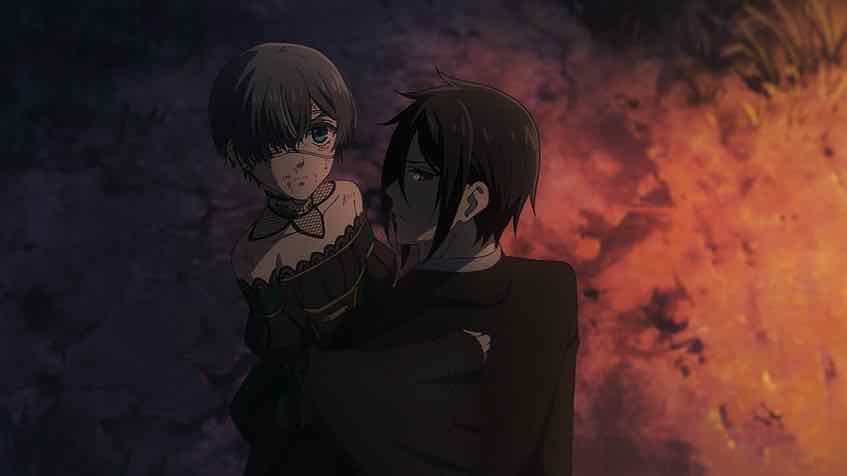 This time we’re solidly back in the butter zone, an emotionally powerful twenty minutes that highlights what this series does best. Our new friends the Deutsche Todesgötter make only a brief appearance in the cold open. Long enough for Ludger to make note of Ciel’s ability to see them as “having one foot in the grave” (and/or bloodlines). Normally shinigami and Sebastian are oil and water of course, but – given how many plates he already has spinning – this pair’s seeming indifference to confrontation leaves the demon butler more than willing to be ships passing in the night.
This time we’re solidly back in the butter zone, an emotionally powerful twenty minutes that highlights what this series does best. Our new friends the Deutsche Todesgötter make only a brief appearance in the cold open. Long enough for Ludger to make note of Ciel’s ability to see them as “having one foot in the grave” (and/or bloodlines). Normally shinigami and Sebastian are oil and water of course, but – given how many plates he already has spinning – this pair’s seeming indifference to confrontation leaves the demon butler more than willing to be ships passing in the night.
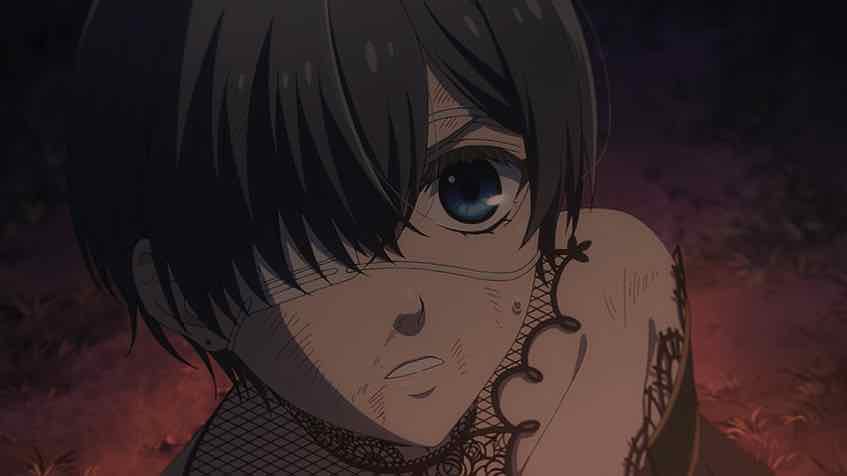 Tanaka continues to be, as he has from the start, a man of mystery. He’s more than a match for Grete, enough to make her retreat despite being armed with a gun to his katana. But Mey-Rin awaits her on that course, leaving her seemingly pinned down as signal flares reflect the escaping party’s change of direction (towards Diedrich’s train platform). Tanaka notes that age is catching up to him, and indeed he is breathing hard after his rare battlefield showdown. But he remains formidable enough for even Sebas-chan to call him a “remarkable sempai”…
Tanaka continues to be, as he has from the start, a man of mystery. He’s more than a match for Grete, enough to make her retreat despite being armed with a gun to his katana. But Mey-Rin awaits her on that course, leaving her seemingly pinned down as signal flares reflect the escaping party’s change of direction (towards Diedrich’s train platform). Tanaka notes that age is catching up to him, and indeed he is breathing hard after his rare battlefield showdown. But he remains formidable enough for even Sebas-chan to call him a “remarkable sempai”…
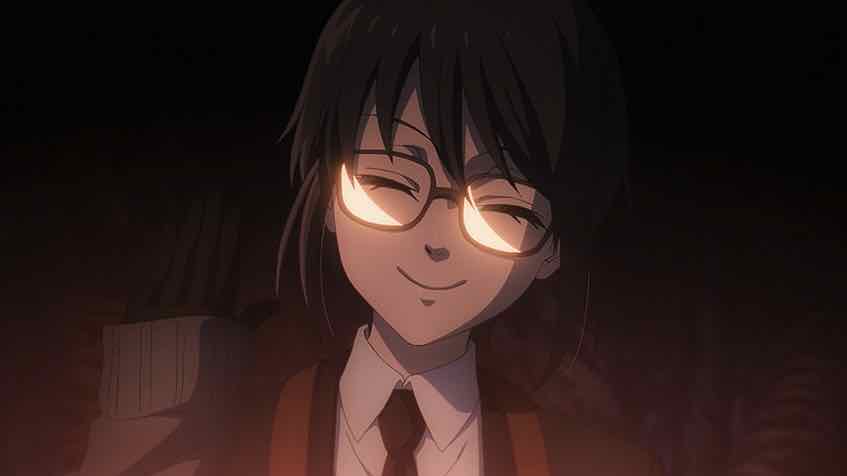 Diedrich is correct about Junior having hired remarkable servants (though less so in his self-deprecating comment about the boy’s father). One of them provides snake-tel that the platform is occupied, saving the group from walking into a hornet’s nest. And Diedrich makes good use of another as he and Baldroy make short work of the half-dozen or so on the rail platform (I loved Snake’s allies keeping their heads down just as he did). Yet another of those remarkable servants rips the massive lock off the depot’s door and gives the military train a path of escape.
Diedrich is correct about Junior having hired remarkable servants (though less so in his self-deprecating comment about the boy’s father). One of them provides snake-tel that the platform is occupied, saving the group from walking into a hornet’s nest. And Diedrich makes good use of another as he and Baldroy make short work of the half-dozen or so on the rail platform (I loved Snake’s allies keeping their heads down just as he did). Yet another of those remarkable servants rips the massive lock off the depot’s door and gives the military train a path of escape.
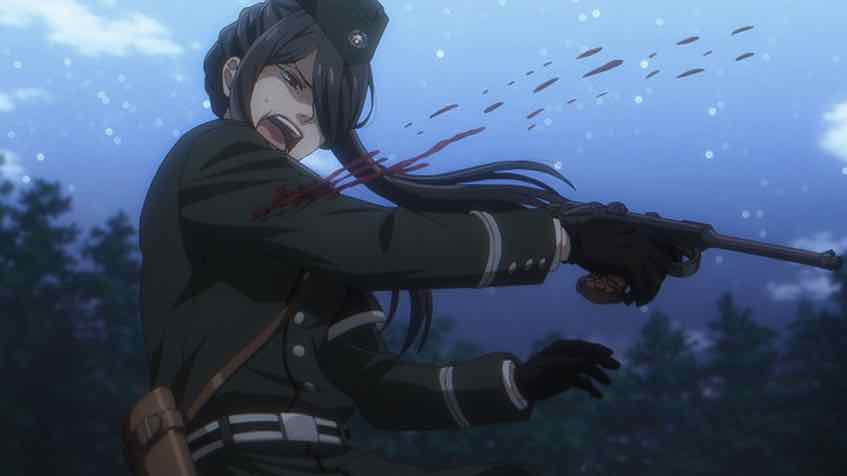 Most of the glory moments here are reserved for Wolfram, however. A grey wolf, if you will. As I noted last week, “This looks very much like an “enemy of my enemy” situation developing here. If the military is intent on killing the Emerald Witch, then the only alternative is to escape. If that means to do so with Team Ciel, Wolf will likely end up helping facilitate that in the end (since it’s clear he’ll choose loyalty to his mistress over his military duties).” Wolfram does just that, arriving at the platform just in time to take out Grete (it’s Sieglinde she’s aiming at, no mistake). That makes him a traitor, but in his mind it would be doing anything else that would be a traitorous act.
Most of the glory moments here are reserved for Wolfram, however. A grey wolf, if you will. As I noted last week, “This looks very much like an “enemy of my enemy” situation developing here. If the military is intent on killing the Emerald Witch, then the only alternative is to escape. If that means to do so with Team Ciel, Wolf will likely end up helping facilitate that in the end (since it’s clear he’ll choose loyalty to his mistress over his military duties).” Wolfram does just that, arriving at the platform just in time to take out Grete (it’s Sieglinde she’s aiming at, no mistake). That makes him a traitor, but in his mind it would be doing anything else that would be a traitorous act.
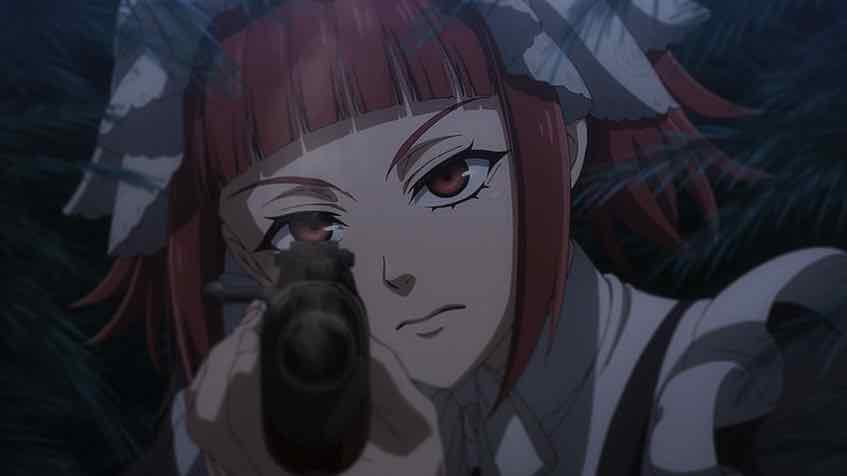 It’s not as though there was anything so surprising in Wolf’s flashback, so as to make it plot-essential. But it was nevertheless hugely effective in helping us understand what Wolfram was feeling at this moment. I don’t think he ever had in mind to escape with Sieglinde – only to help her do so. His seeming final moments were quite emotional, very much on-point and in-character. In fact I think Wolfram would have been satisfied to have things end as they might have here, gunned down in the process of helping his mistress live. His repayment for giving him a reason for doing so in the first place, which the military never did. This is a very common theme in Kuroshitsuji, individuals treated as disposable tools rather than people by those in power.
It’s not as though there was anything so surprising in Wolf’s flashback, so as to make it plot-essential. But it was nevertheless hugely effective in helping us understand what Wolfram was feeling at this moment. I don’t think he ever had in mind to escape with Sieglinde – only to help her do so. His seeming final moments were quite emotional, very much on-point and in-character. In fact I think Wolfram would have been satisfied to have things end as they might have here, gunned down in the process of helping his mistress live. His repayment for giving him a reason for doing so in the first place, which the military never did. This is a very common theme in Kuroshitsuji, individuals treated as disposable tools rather than people by those in power.
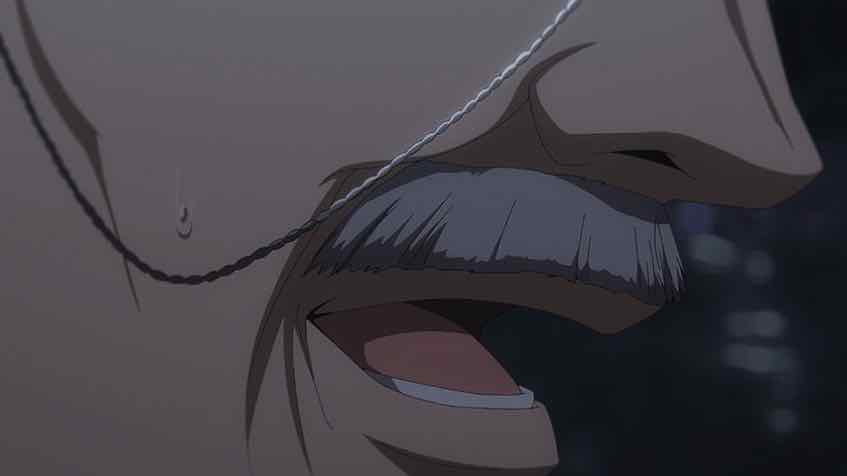 As always, Ciel’s intentions are a fascinating enigma. The pretext he gives for saving Wolfram – as a watchdog for the Emerald Witch and insurance for himself – are perfectly logical. Is there something more here? Does Ciel feel something for this mistreated pair, and understand the emotional importance Wolfram could have in Sieglinde’s survival on the outside? The boy is a sphinx as always. But I look at this way – I know Ciel gets angry at seeing the same cruelties he suffered inflicted on others by the same sort of people. Getting a blow in against them is a worthy act in its own right, whether he’d openly admit it or not (he wouldn’t). And Sebastian’s remark about a butler never dying before their master is swelled to bursting with a myriad of subtexts.
As always, Ciel’s intentions are a fascinating enigma. The pretext he gives for saving Wolfram – as a watchdog for the Emerald Witch and insurance for himself – are perfectly logical. Is there something more here? Does Ciel feel something for this mistreated pair, and understand the emotional importance Wolfram could have in Sieglinde’s survival on the outside? The boy is a sphinx as always. But I look at this way – I know Ciel gets angry at seeing the same cruelties he suffered inflicted on others by the same sort of people. Getting a blow in against them is a worthy act in its own right, whether he’d openly admit it or not (he wouldn’t). And Sebastian’s remark about a butler never dying before their master is swelled to bursting with a myriad of subtexts.


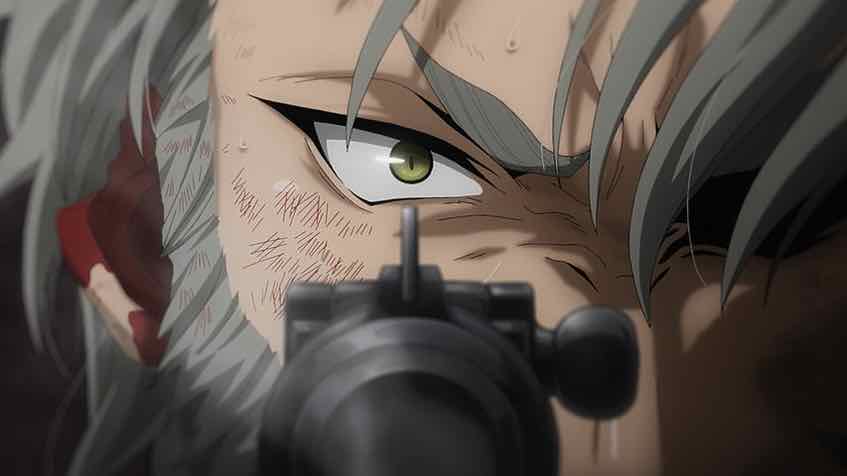
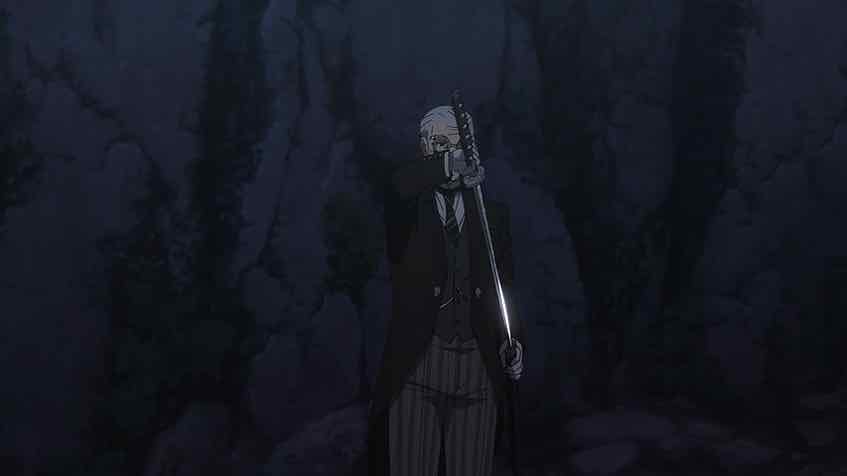
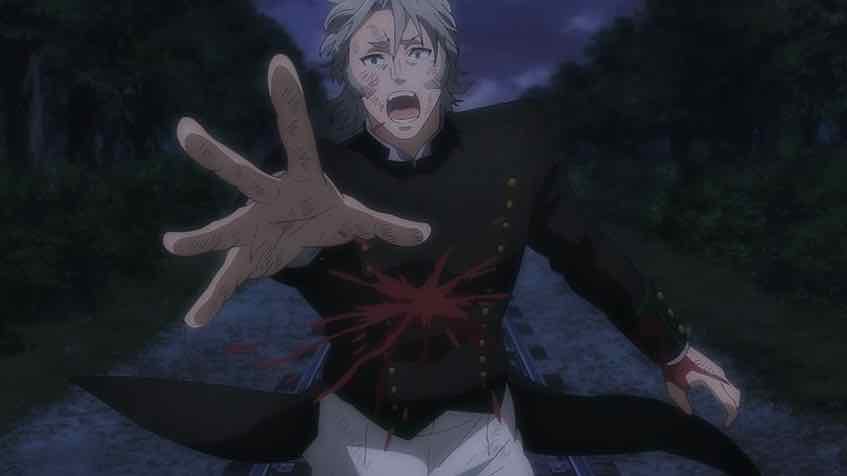
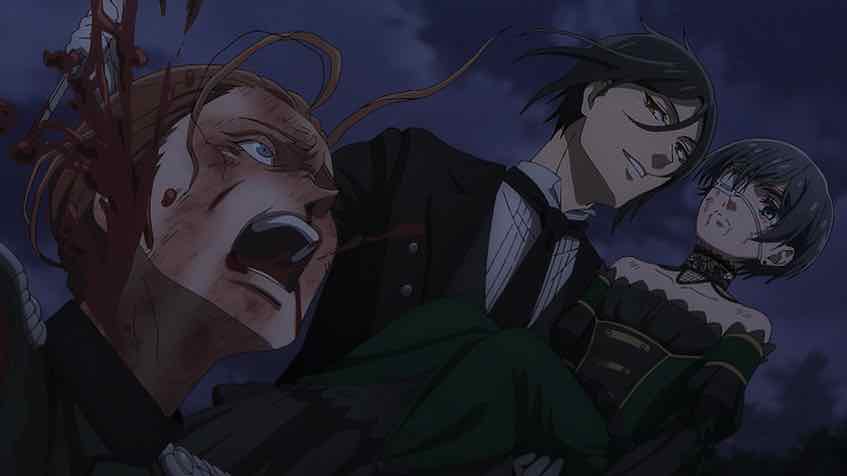
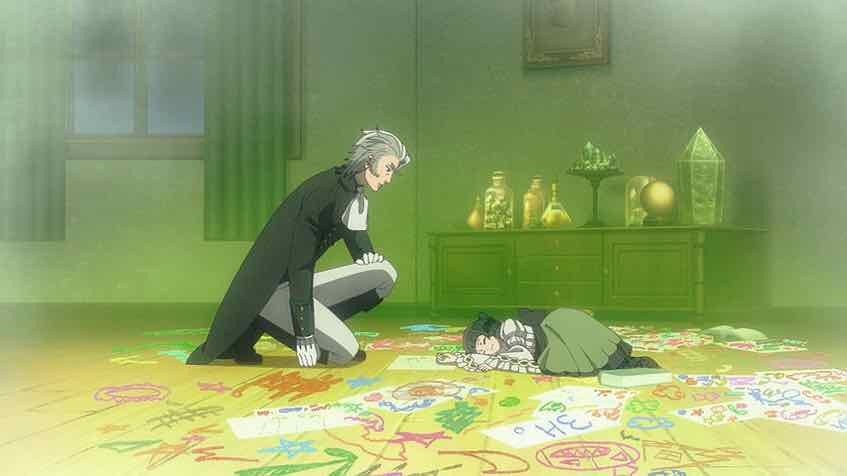
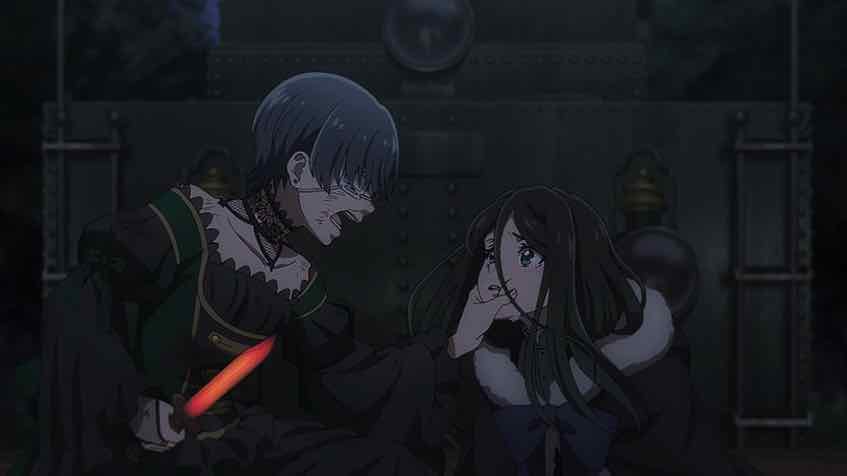
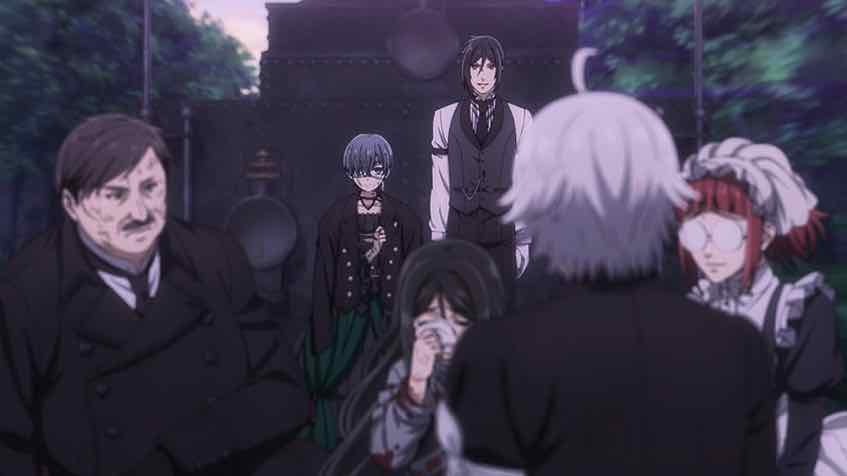

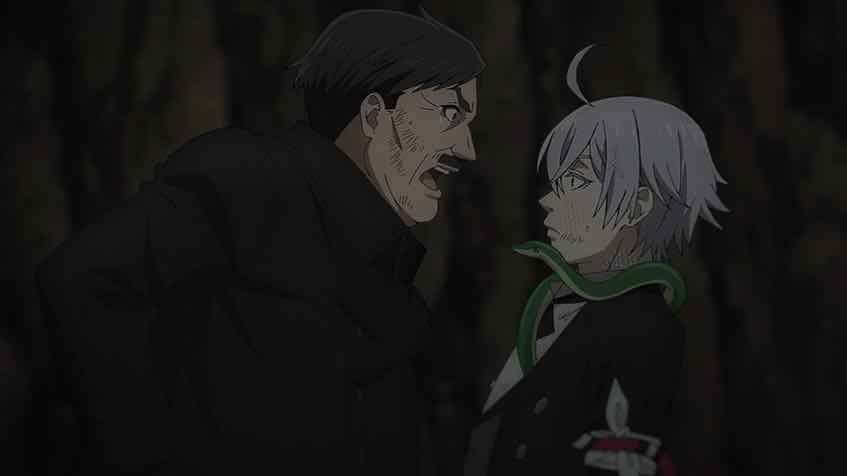
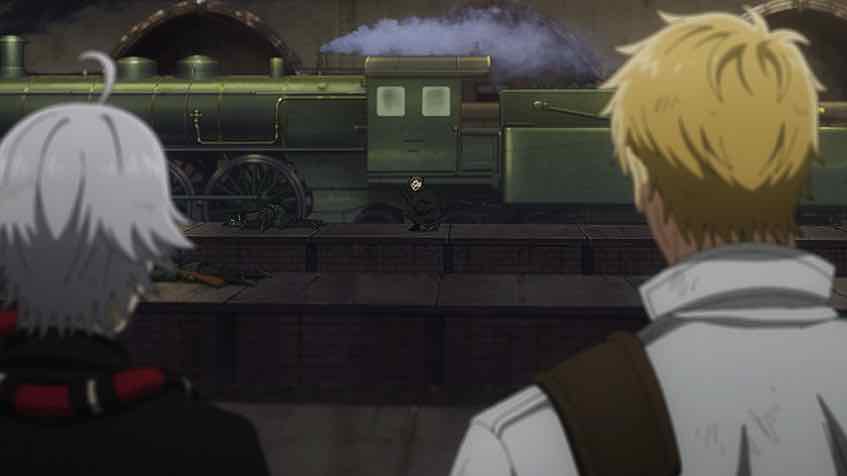
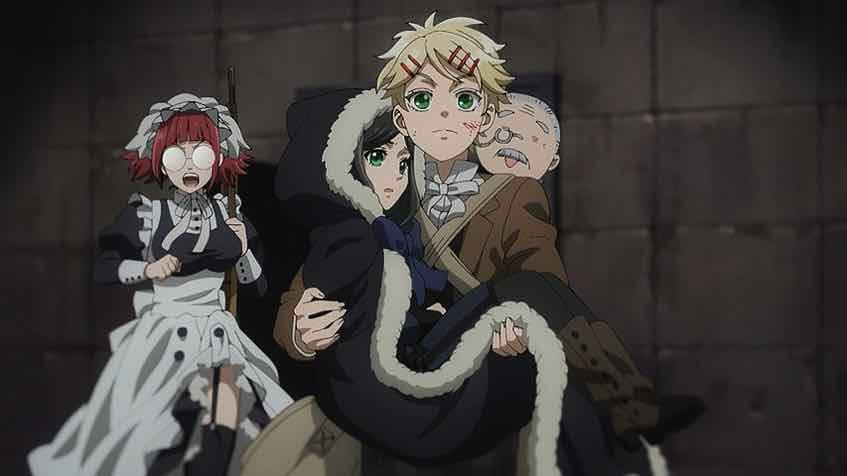
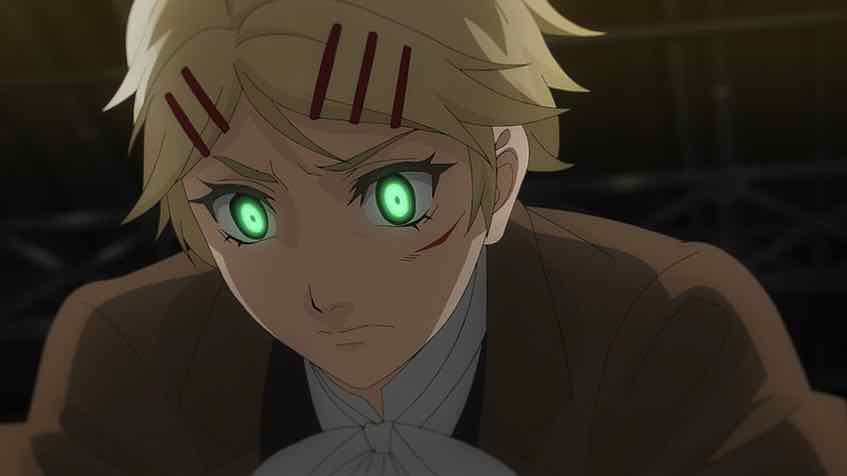
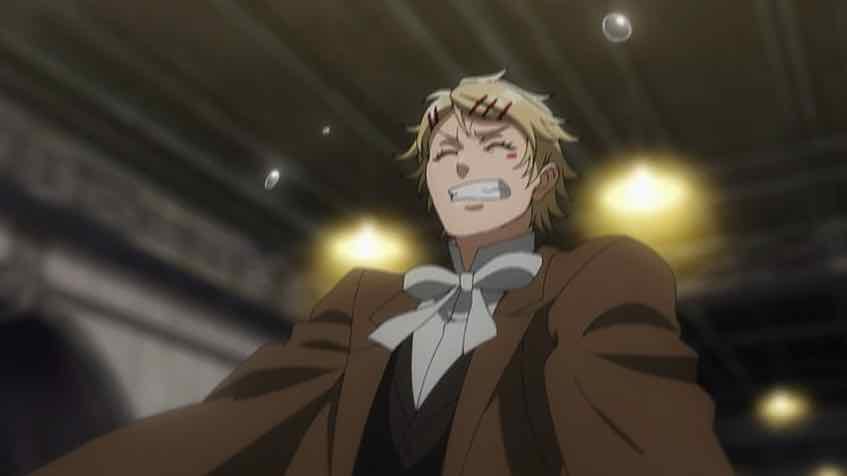
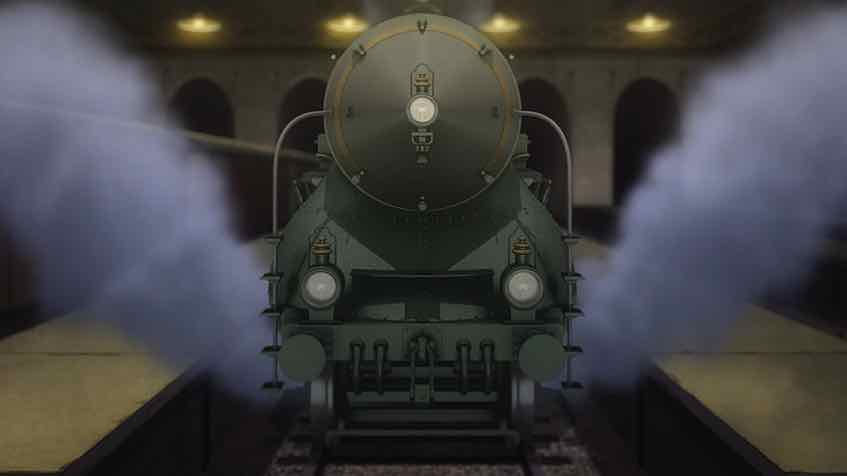
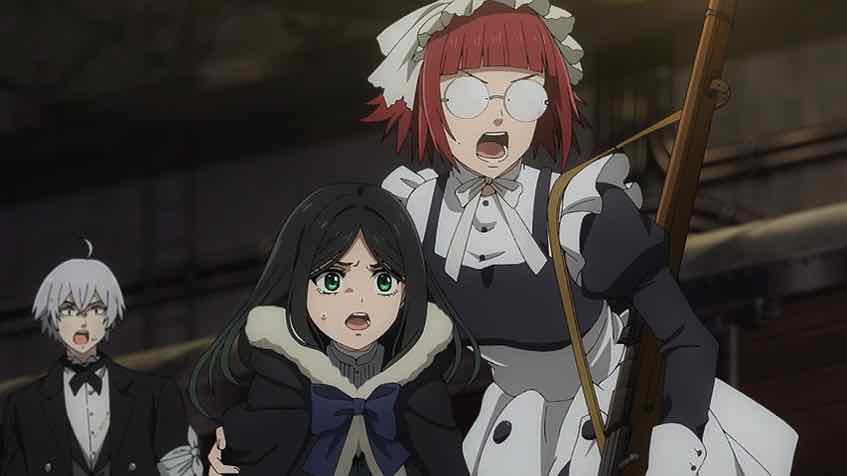
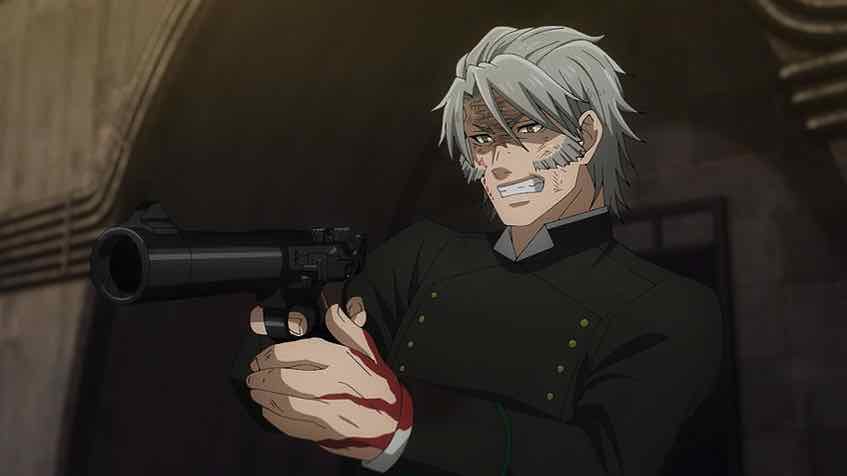
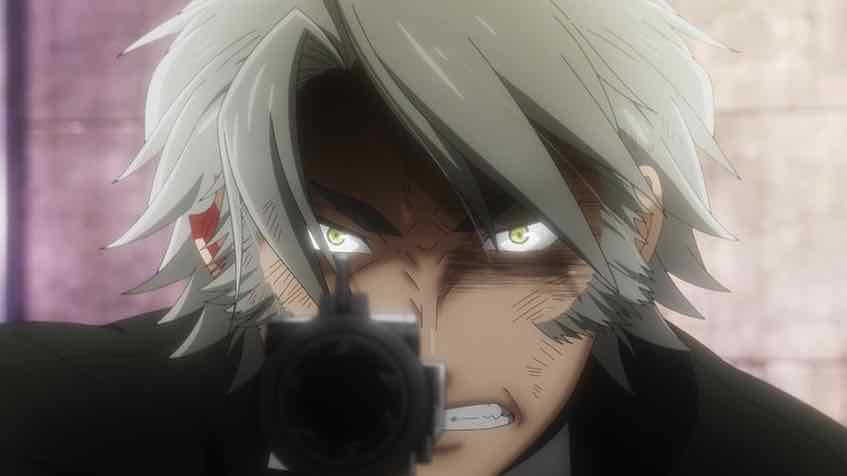
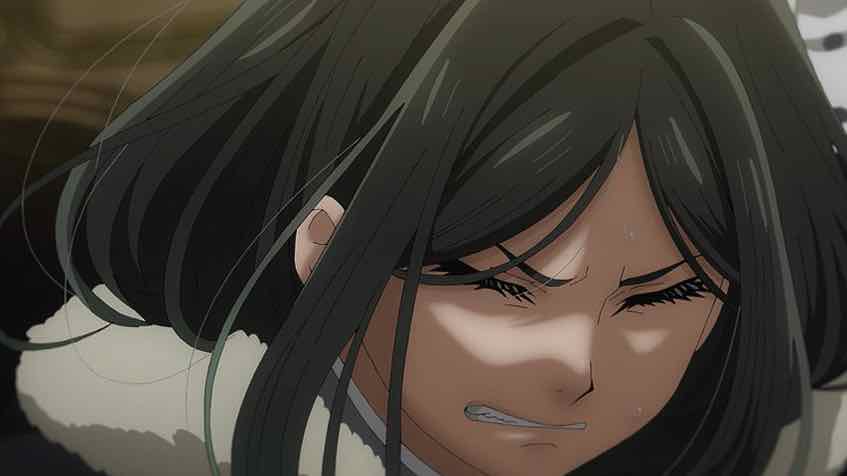
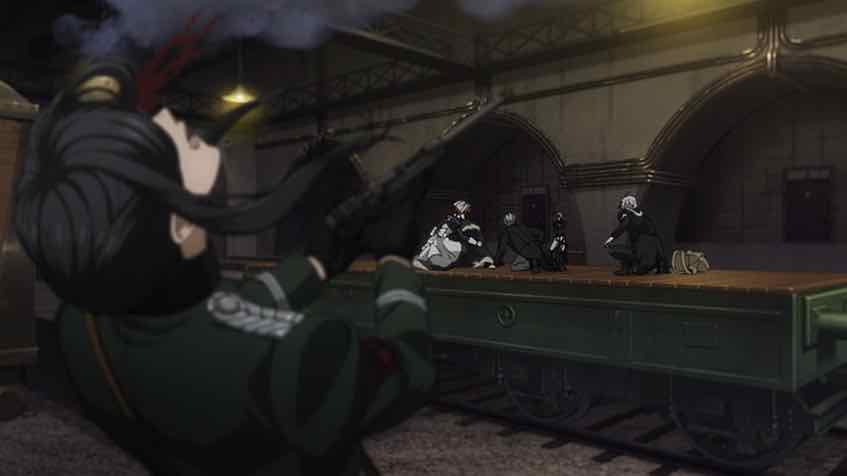
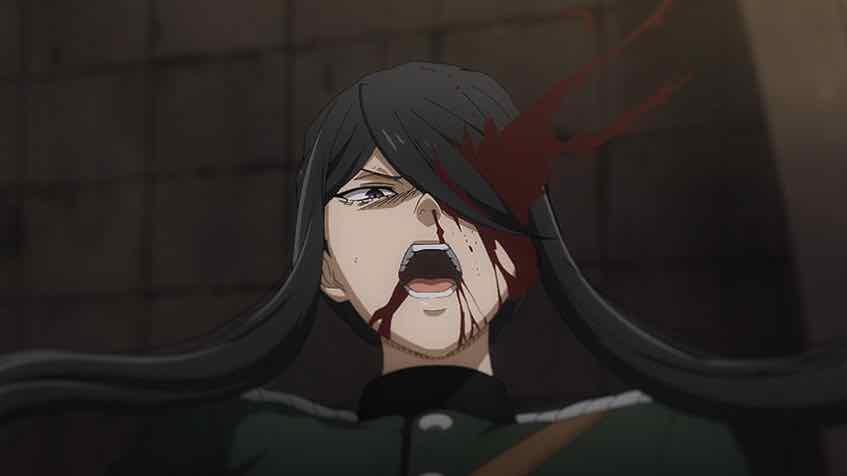
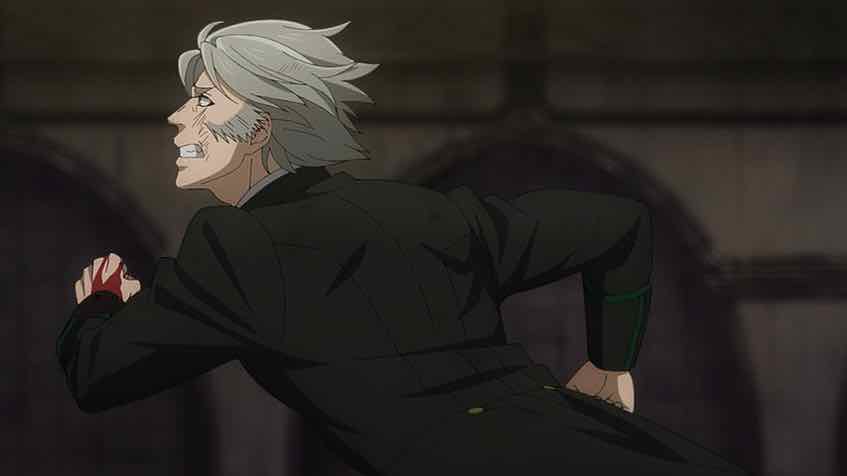
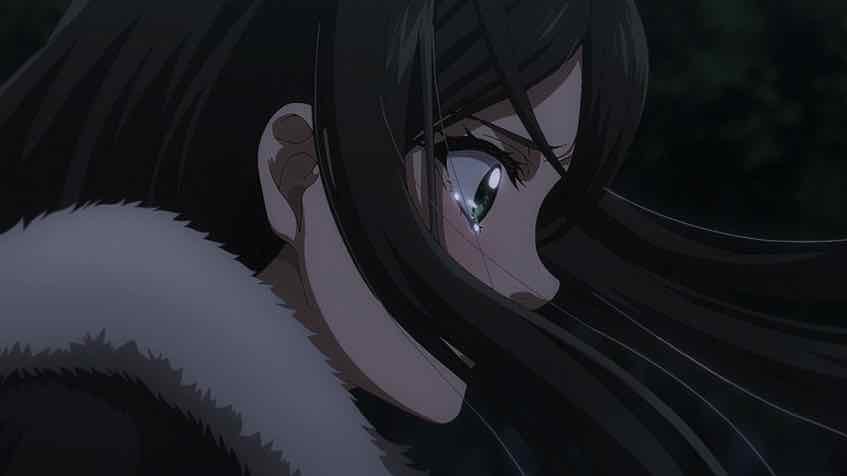
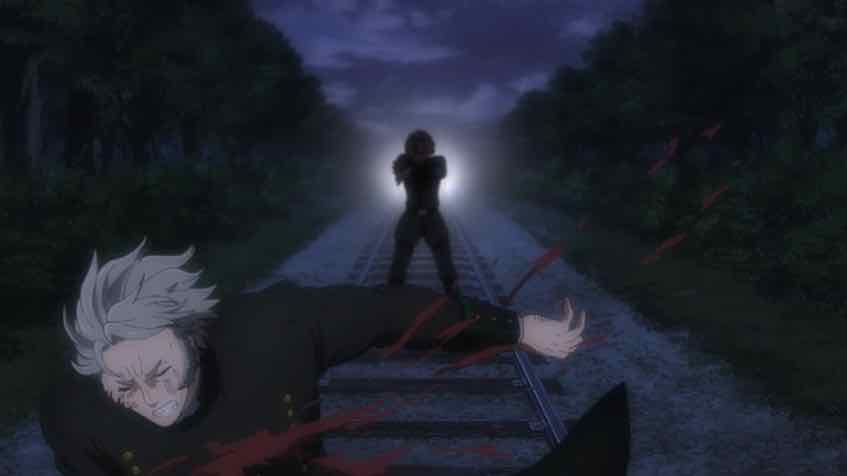
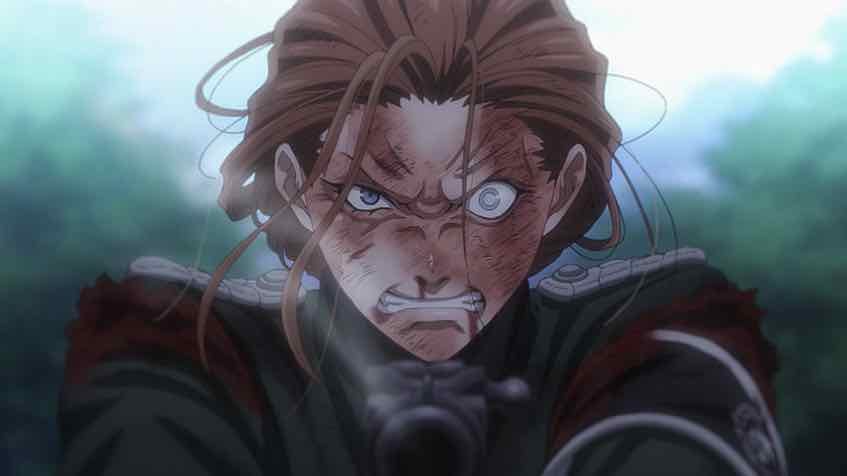
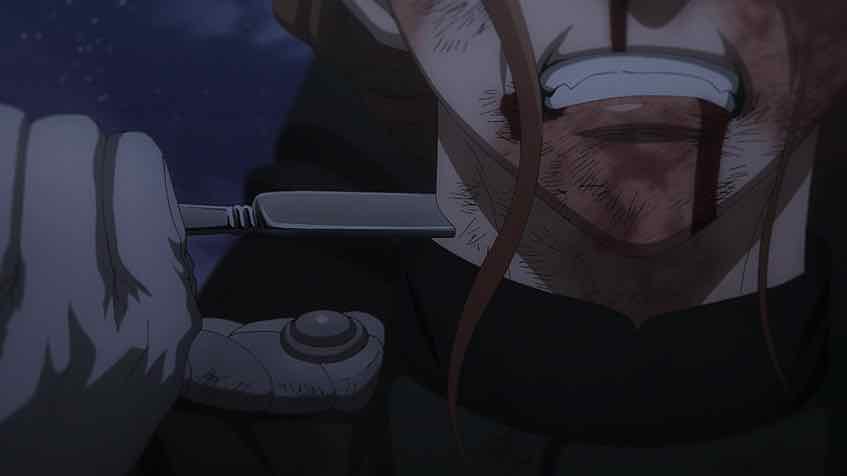
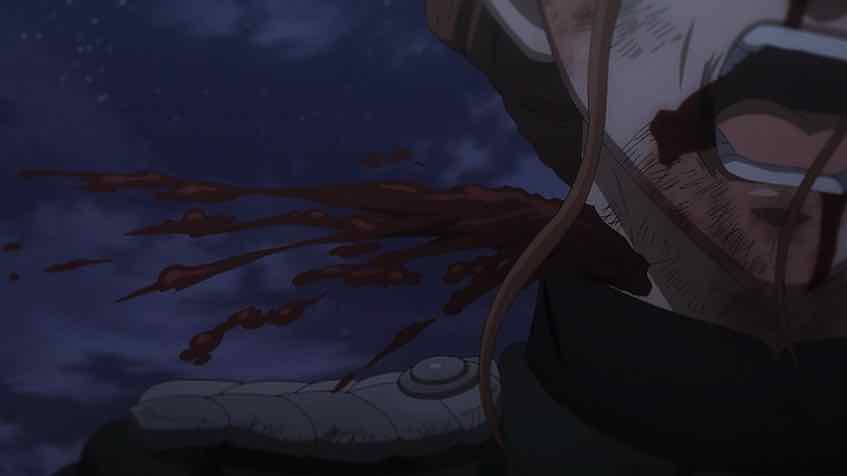
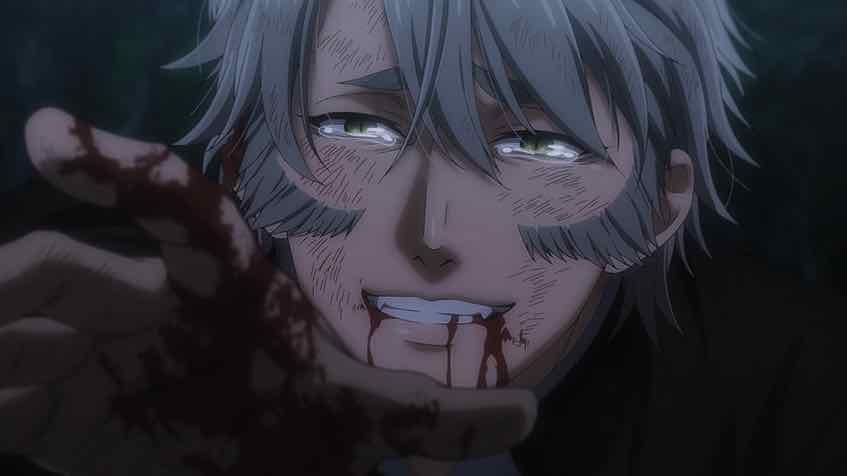
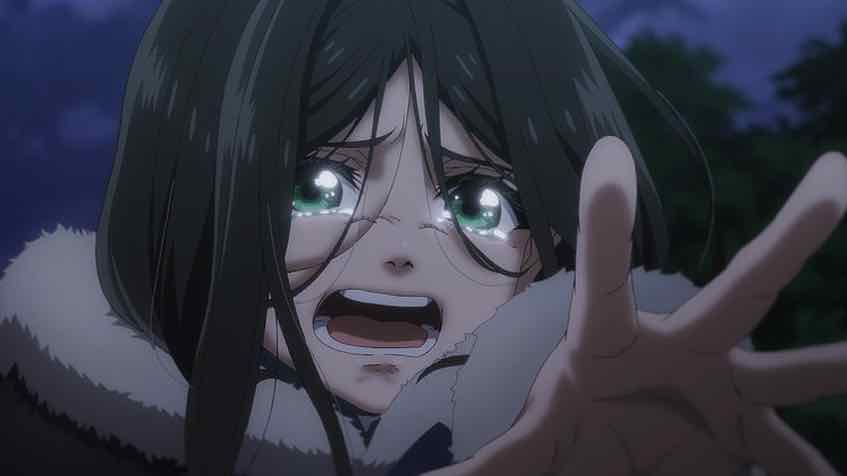
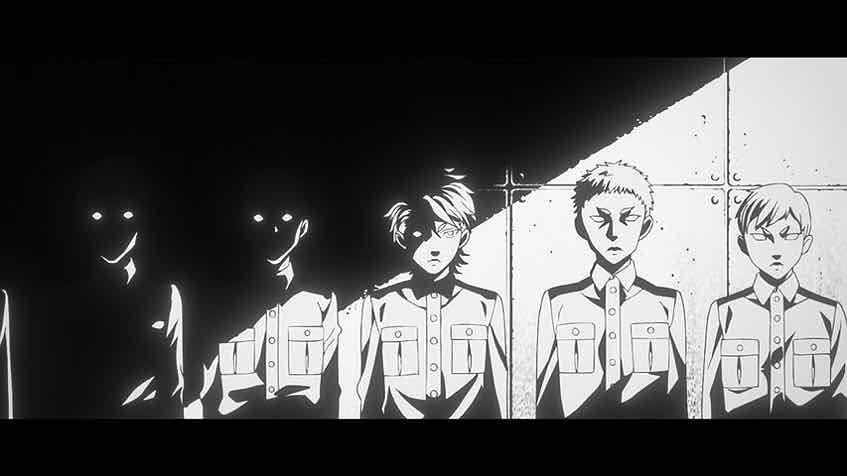
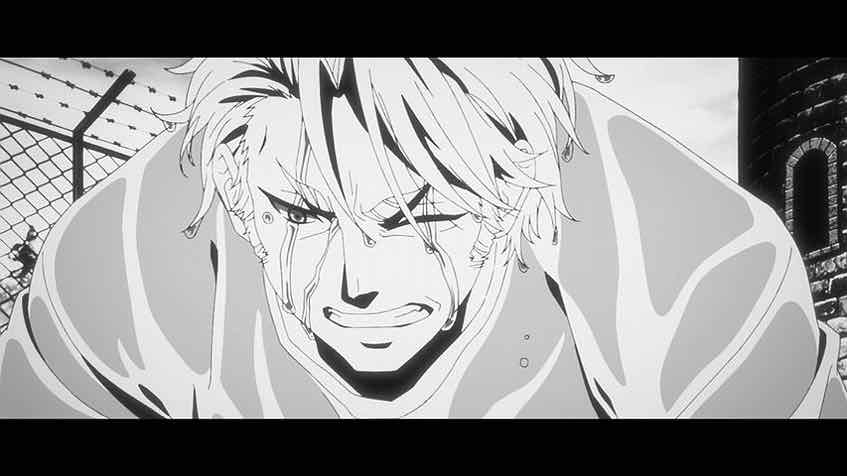
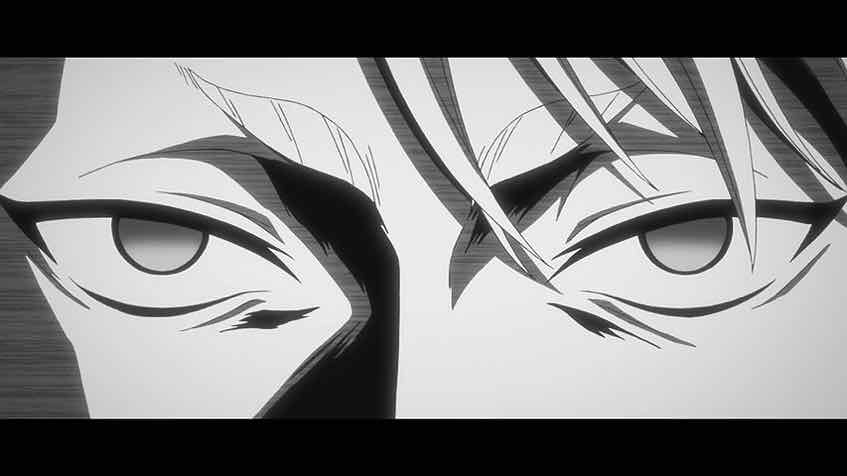
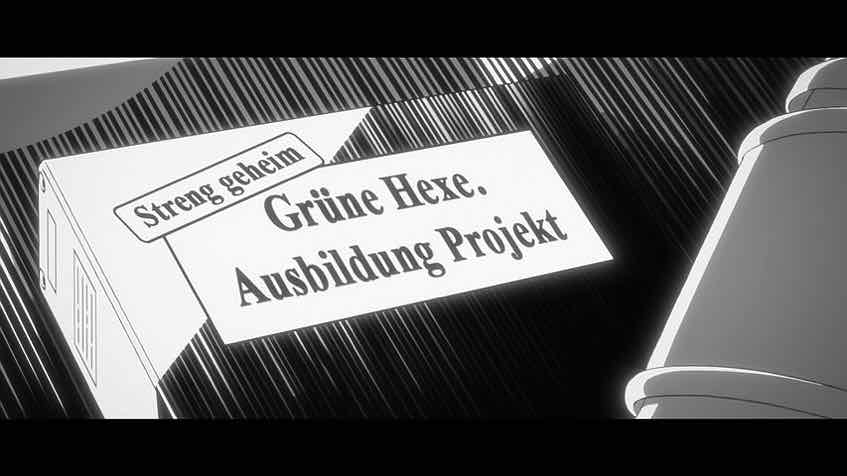
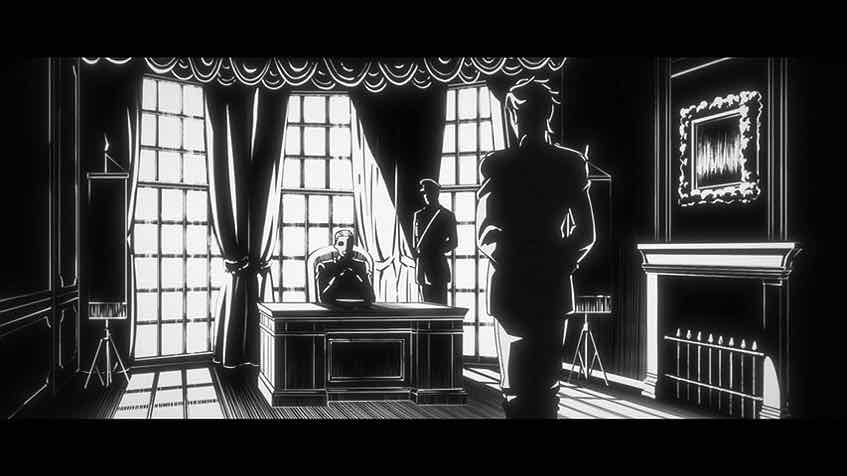
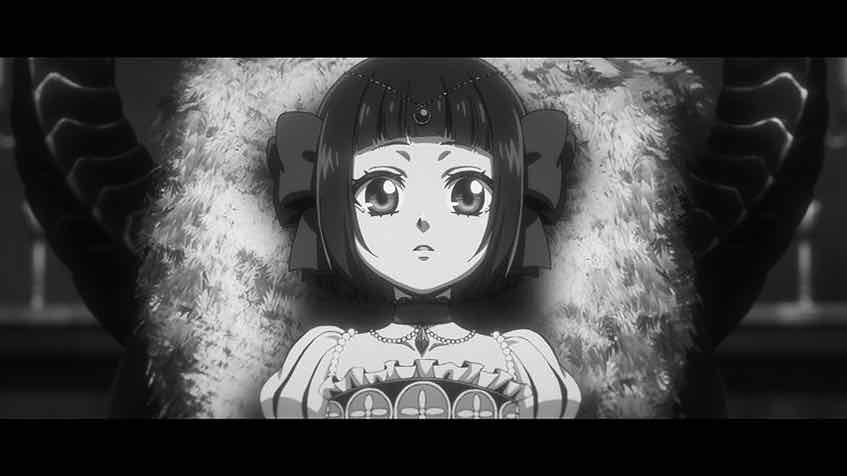
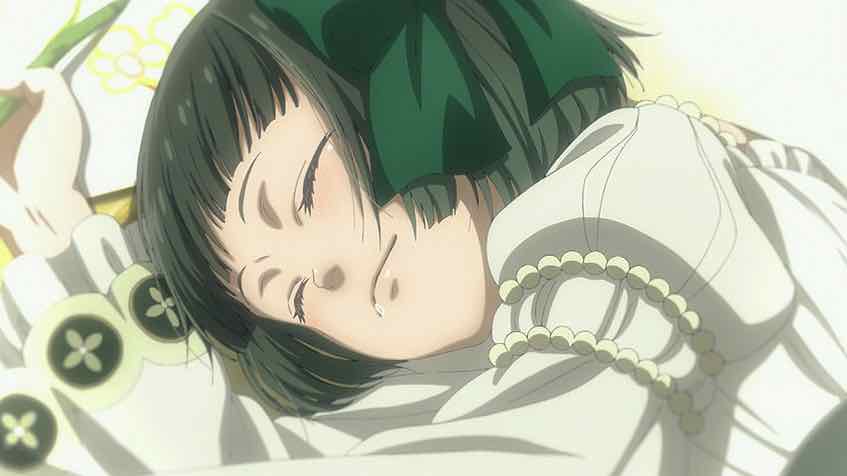
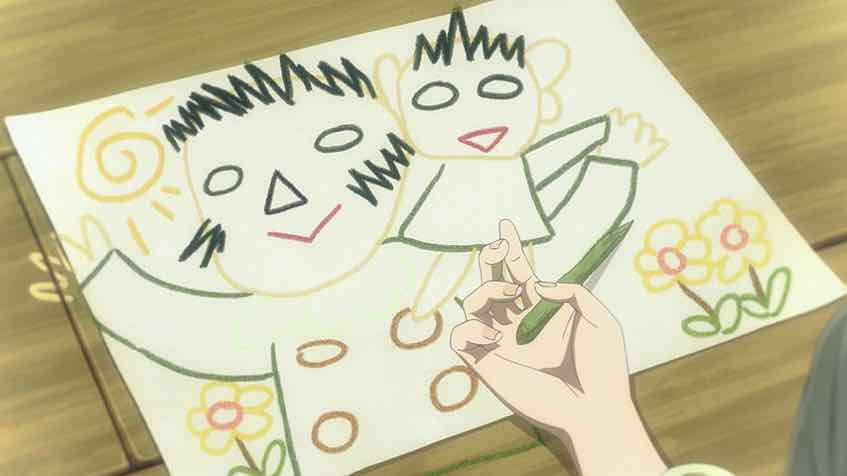

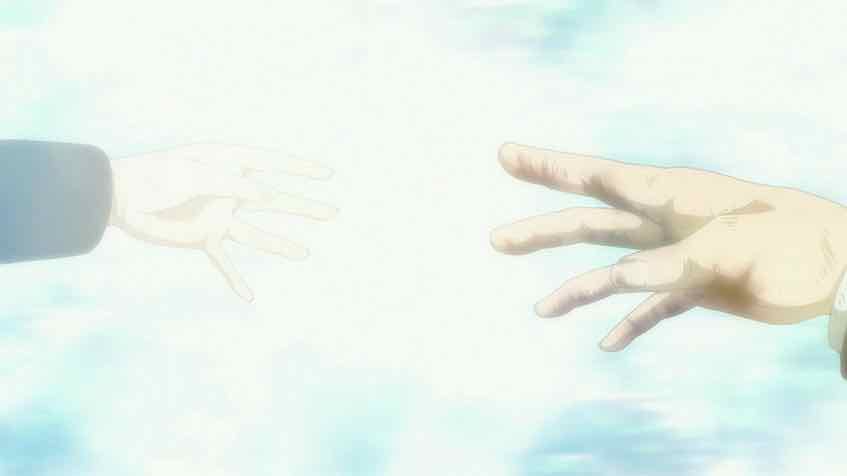
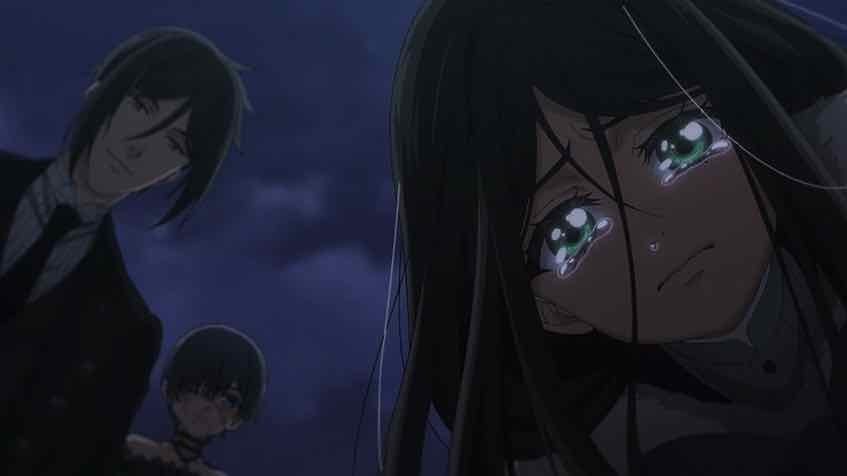
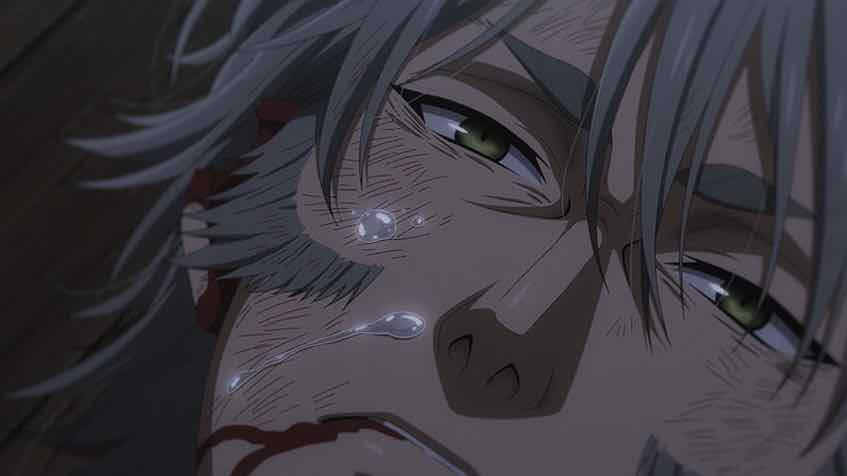
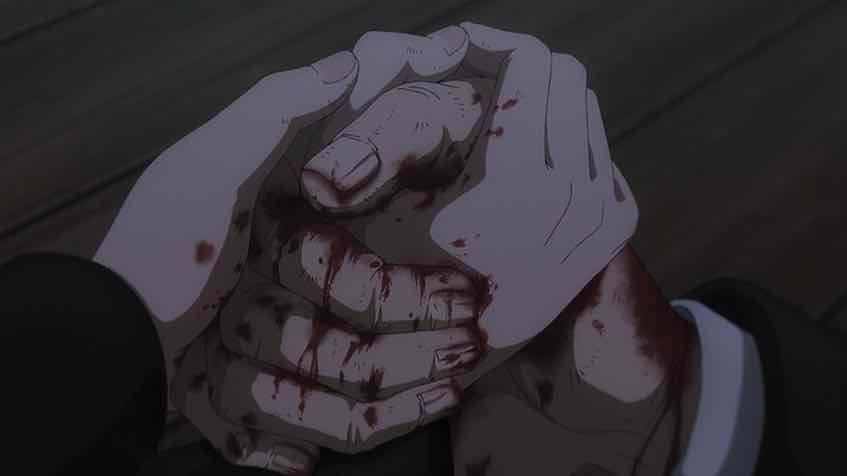
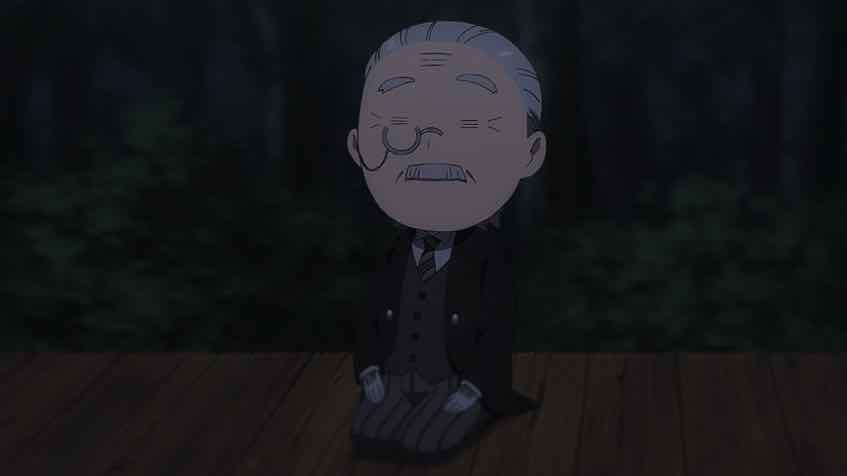
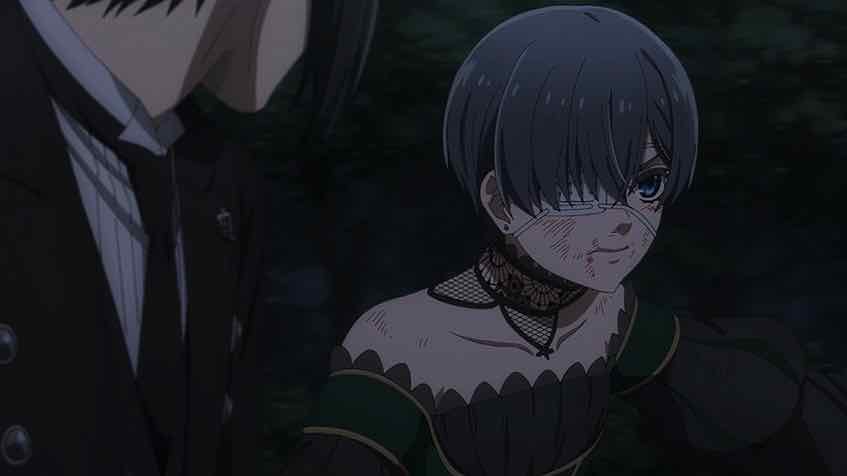
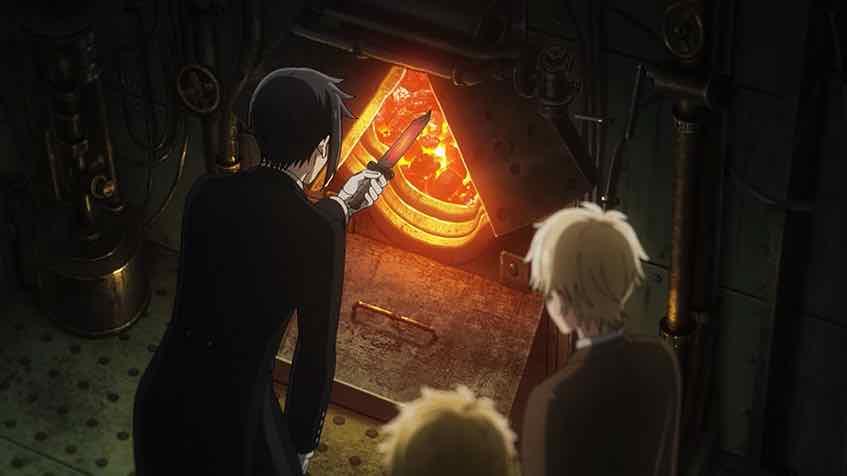
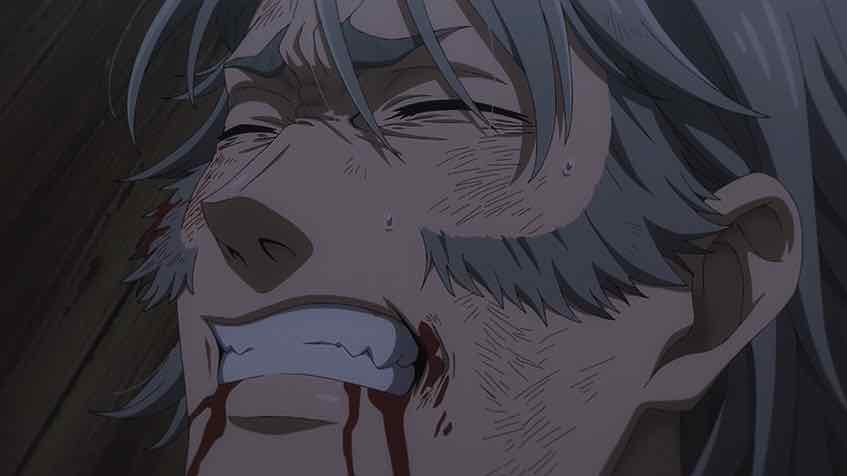
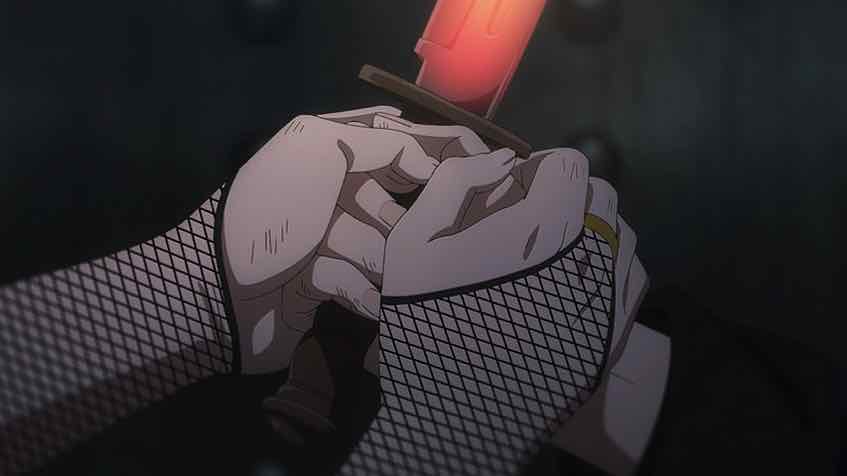
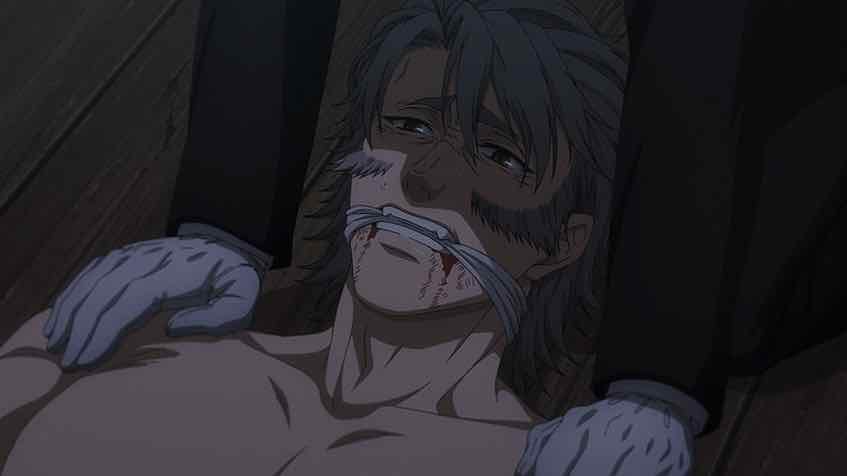
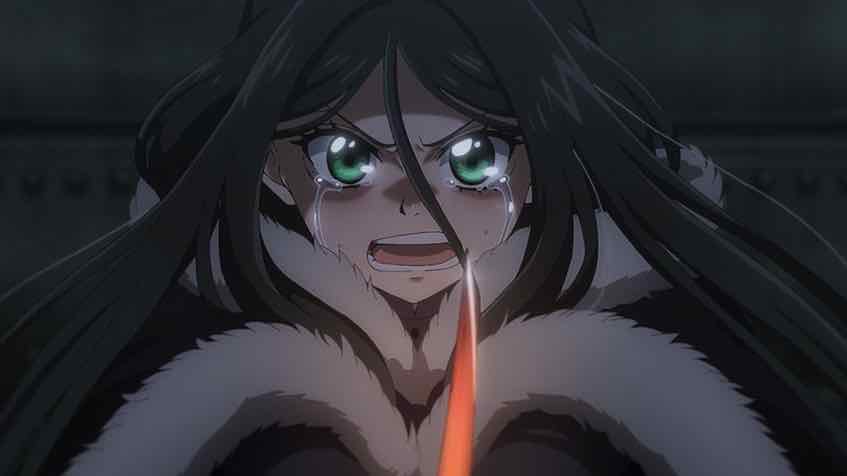
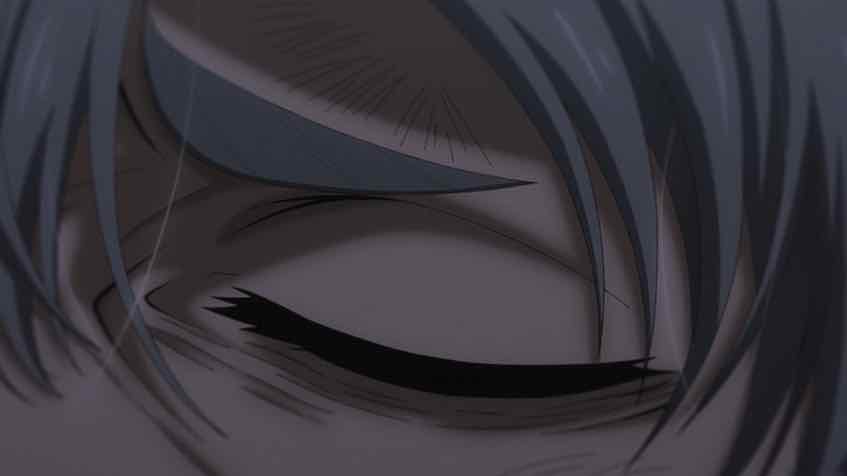
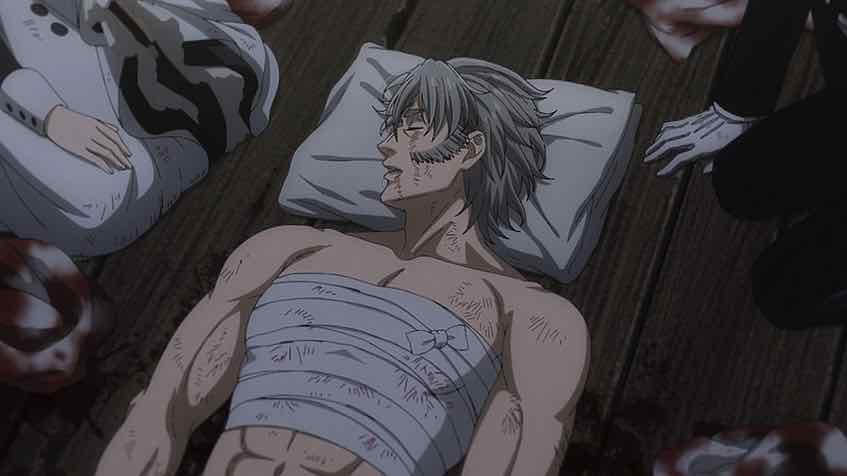
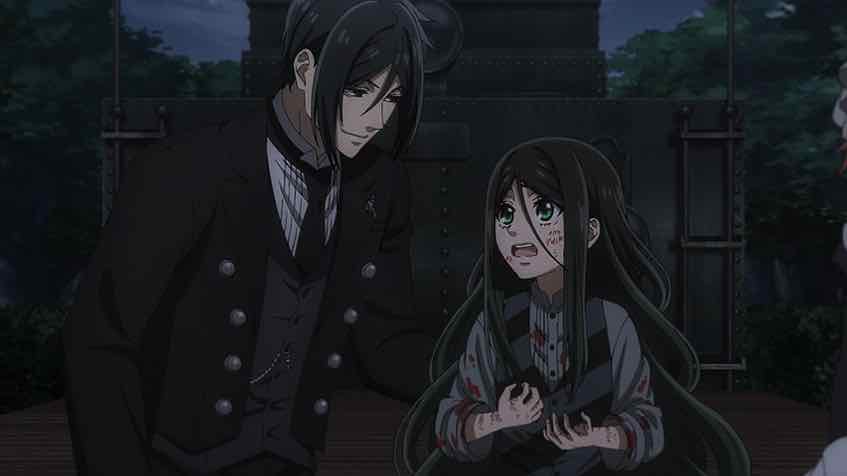
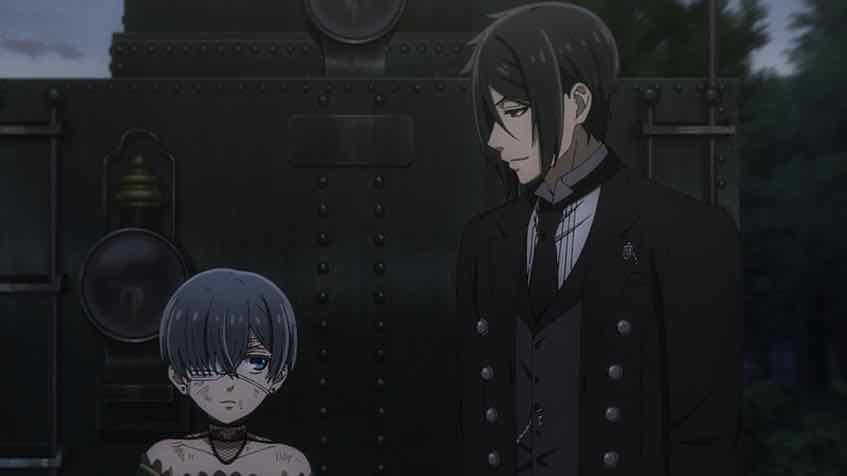
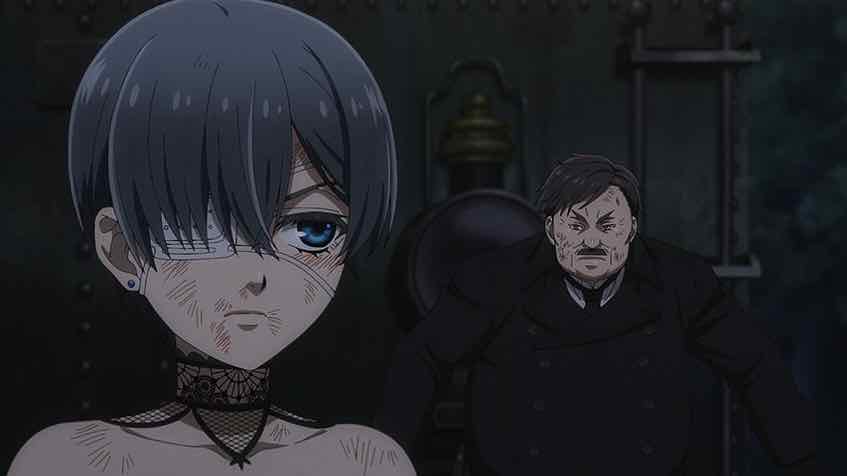
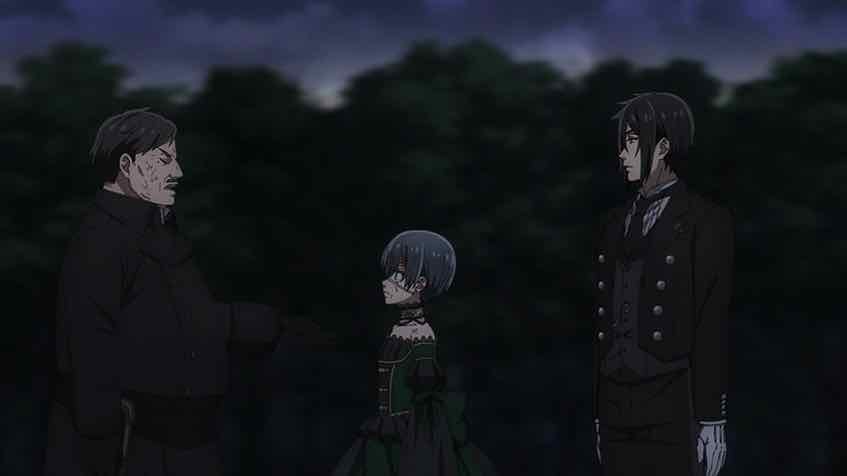

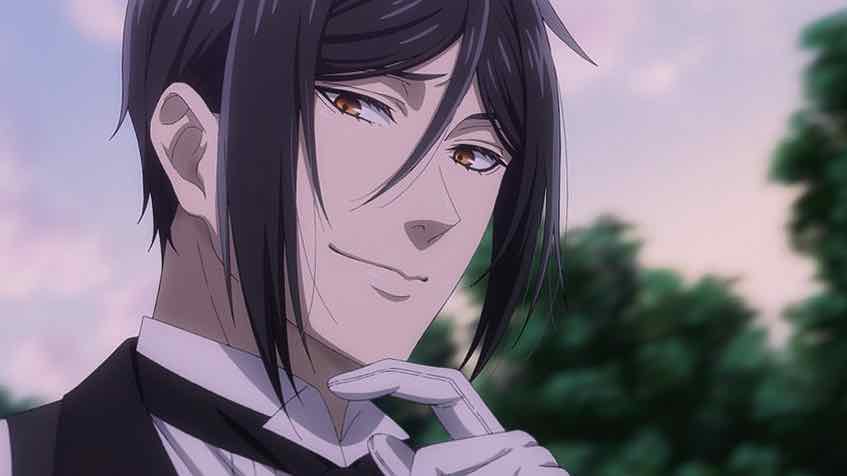
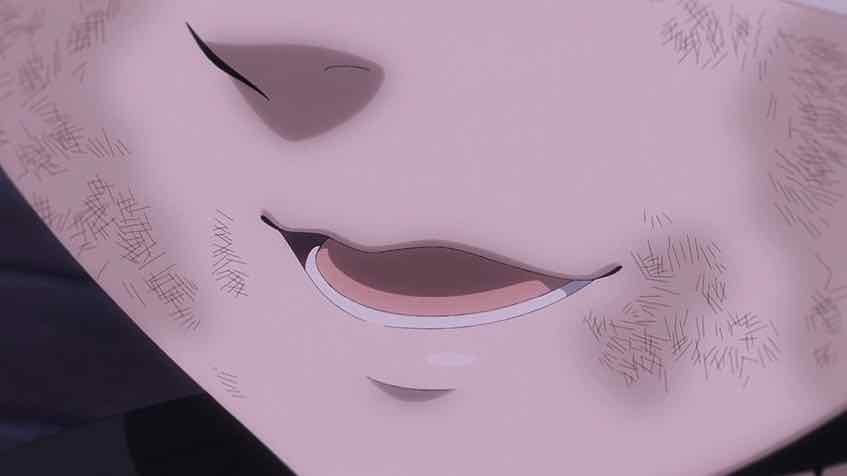


Nadavu
June 16, 2025 at 6:23 amIs it just me or does Wolf’s flashback hint, for a second time, that he crushed little Sieglindel’s feet in his bare hands?
Guardian Enzo
June 16, 2025 at 7:04 amI don’t know 100% if that’s what’s being suggested, but my take either way is “I did nothing as she suffered terrible pain for terrible reasons, so what right do I have to complain while she cuts me now for my own good?”
KatsukiYukie
July 2, 2025 at 12:14 amYes, they had him do it, and it haunts him to this day.